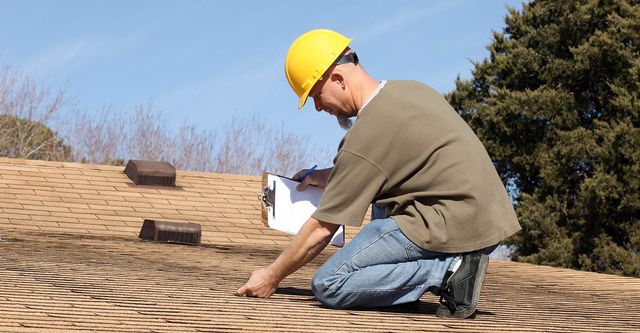Hiring a Home Inspector
When you’re buying a home, hiring a Quality home inspections los Angeles is an important step in the process. A home inspector can help you identify any potential issues with the property, and provide you with valuable information that can help you make an informed decision. Here are some tips for hiring a quality home inspections los angeles:
Do your research: Start by researching home inspectors in your area. Look for inspectors who are licensed, certified, and have a good reputation. You can check with professional organizations such as ASHI or NAHI, or ask for recommendations from friends or your real estate agent.
Check their qualifications: Make sure the inspector you’re considering has the necessary qualifications and experience to do a thorough inspection. Ask about their training, certifications, and experience in the industry.
Ask for references: A good home inspector should be able to provide you with references from past clients. Reach out to these references and ask about their experience working with the inspector.
Review their inspection report: Ask to see a sample inspection report from the inspector you’re considering. A good report should be thorough and easy to understand, with clear descriptions of any issues found.
Consider their availability: It’s important to find an inspector who can accommodate your schedule and complete the inspection in a timely manner.
Discuss the cost: The cost of a home inspection can vary depending on the size and location of the property, as well as the experience of the inspector. Make sure to discuss the cost upfront and get a written estimate before hiring an inspector.
Here are some tips for hiring a quality home inspections los angeles:
Do your research: Start by researching home inspectors in your area. Look for inspectors who are licensed, certified, and have a good reputation. You can check with professional organizations such as ASHI or NAHI, or ask for recommendations from friends or your real estate agent.
Check their qualifications: Make sure the inspector you’re considering has the necessary qualifications and experience to do a thorough inspection. Ask about their training, certifications, and experience in the industry.
Ask for references: A good home inspector should be able to provide you with references from past clients. Reach out to these references and ask about their experience working with the inspector.
Review their inspection report: Ask to see a sample inspection report from the inspector you’re considering. A good report should be thorough and easy to understand, with clear descriptions of any issues found.
Consider their availability: It’s important to find an inspector who can accommodate your schedule and complete the inspection in a timely manner.
Discuss the cost: The cost of a home inspection can vary depending on the size and location of the property, as well as the experience of the inspector. Make sure to discuss the cost upfront and get a written estimate before hiring an inspector.

